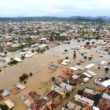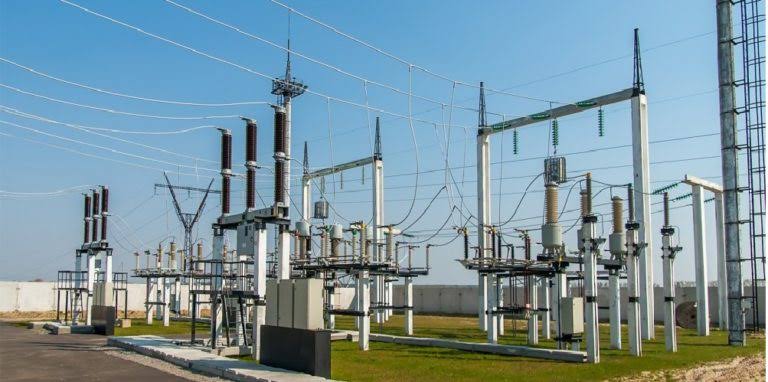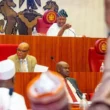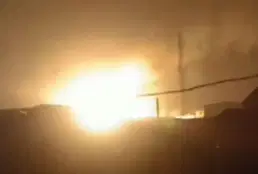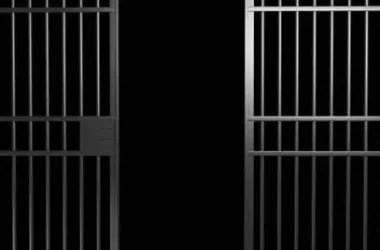Nigeria’s frequent electricity grid failures are unlikely to end soon due to multiple, deeply-rooted issues within the power sector. A recent investigation reveals ten major problems, coupled with the inability of the government and stakeholders to find swift solutions, that contribute to ongoing system collapses.
Key issues identified include outdated equipment, insufficient gas supply, poor coordination between power plants and gas pipelines, and the absence of essential infrastructure like operating reserves and voltage support schemes.
Additionally, there is a lack of a reliable Supervisory Control and Data Acquisition (SCADA) system, which is crucial for monitoring and stabilizing power supply. Other challenges are vandalism, tripping of critical infrastructure lines, unreliable communication facilities, poor visibility on the distribution companies’ (DISCOs) network, and corruption.
The complexity and high costs involved in addressing these problems mean that they cannot be resolved quickly. Even if funds were available, the time required to negotiate with foreign manufacturers, place orders, and ship necessary equipment to Nigeria would still cause delays.
Adetayo Adegbemle, Executive Director of PowerUp Nigeria, highlighted the critical nature of these issues. “Many factors culminate in system collapse,” he said, “It should be noted that system collapse occurs as a result of frequency variation when the pull from consumer ends is sharply different from what generation can supply.” He explained that a system collapse disrupts the entire power generation and affects the economy by halting all activities reliant on electricity.
Adegbemle stressed the need for better infrastructure: “There are systems that are supposed to be installed to maintain the grid, and used for grid system planning. The SCADA system is meant to help balance the grid and plan for such occurrences.” He also emphasized the importance of a spinning reserve to act as a buffer during frequency imbalances.
Kunle Olubiyo, President of the Nigeria Consumer Protection Network, also criticized the Transmission Company of Nigeria (TCN) for frequent grid collapses. “Some of the equipment on the network was installed as far back as the 1960s,” he said. “The Original Equipment Manufacturers (OEMs) would have closed. So, if we need to do replacement, we go and do what we call fabrication.”
Olubiyo also pointed out that TCN often disregards the standards set by the Nigerian Electricity Management Services Agency (NEMSA), contributing to the sector’s inefficiencies. He called for the unbundling and privatization of TCN to improve efficiency and profitability.
Gabriel Idahosa, President of the Lagos Chamber of Commerce and Industry, highlighted the economic impact of frequent system collapses, noting that businesses and households suffer significant losses due to unreliable power supply. He advocated for increased investment in the power sector and the development of renewable energy sources to reduce dependency on the national grid.
Despite these pressing issues, TCN did not respond to requests for comments. However, Nafisat Ali, Executive Director of the Independent System Operator (ISO), a unit under TCN, acknowledged the problem, stating, “There should be adequate investment in all types of capacity, as well as appropriate operational decisions so that supply and demand are in balance at any point in time.”
Dr. Muda Yusuf, CEO of the Centre for the Promotion of Private Enterprise, emphasized that stable power is crucial for economic progress. “The frequent national grid collapse has been a major challenge for businesses,” he said. “No economy can make transformational progress without an effective and reliable power supply.”




